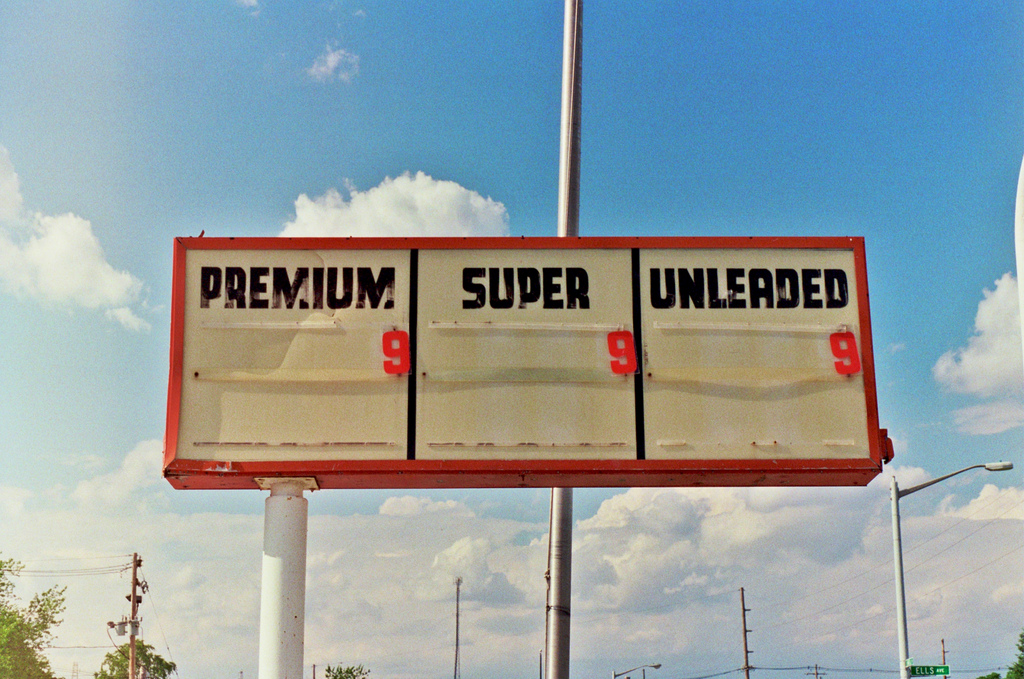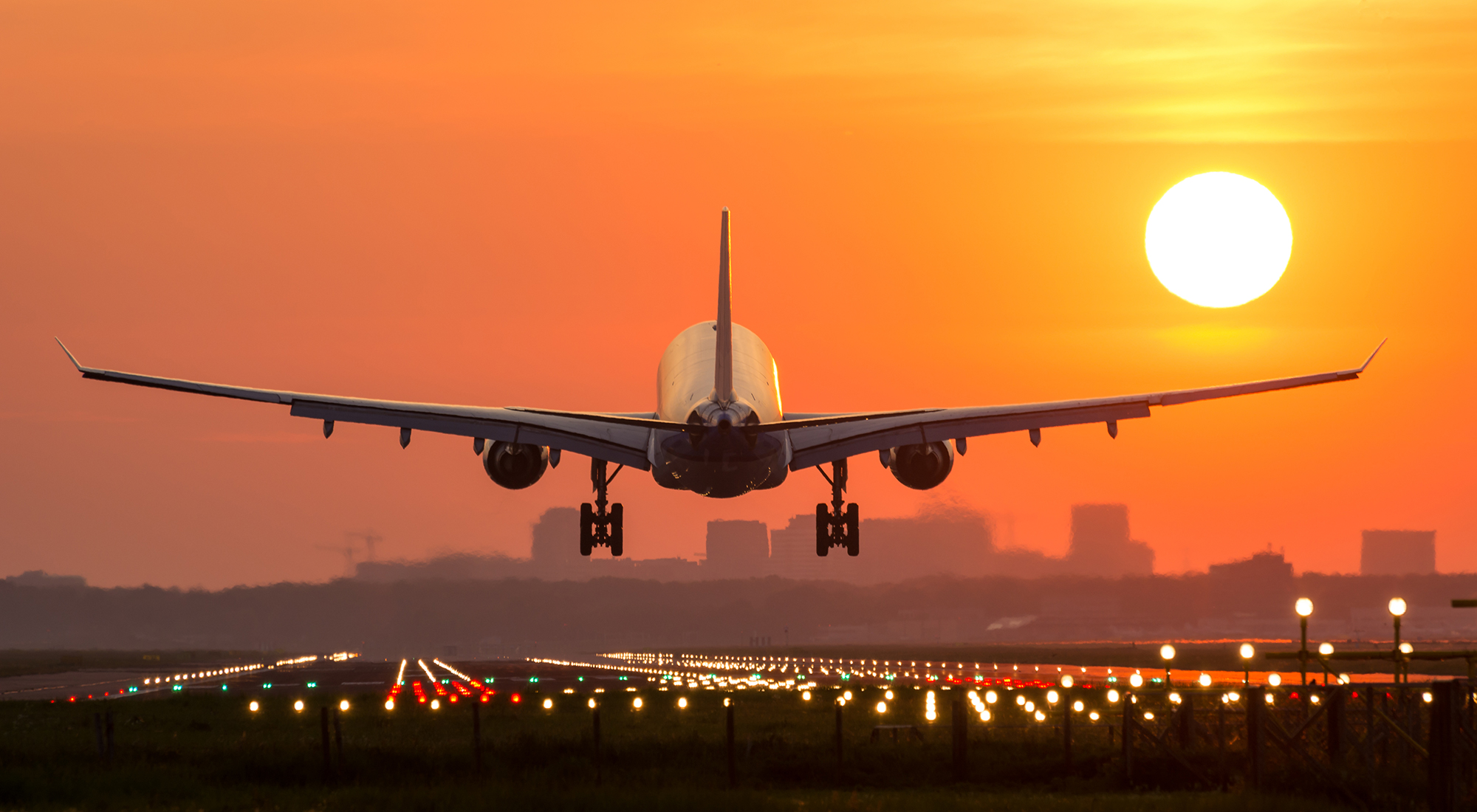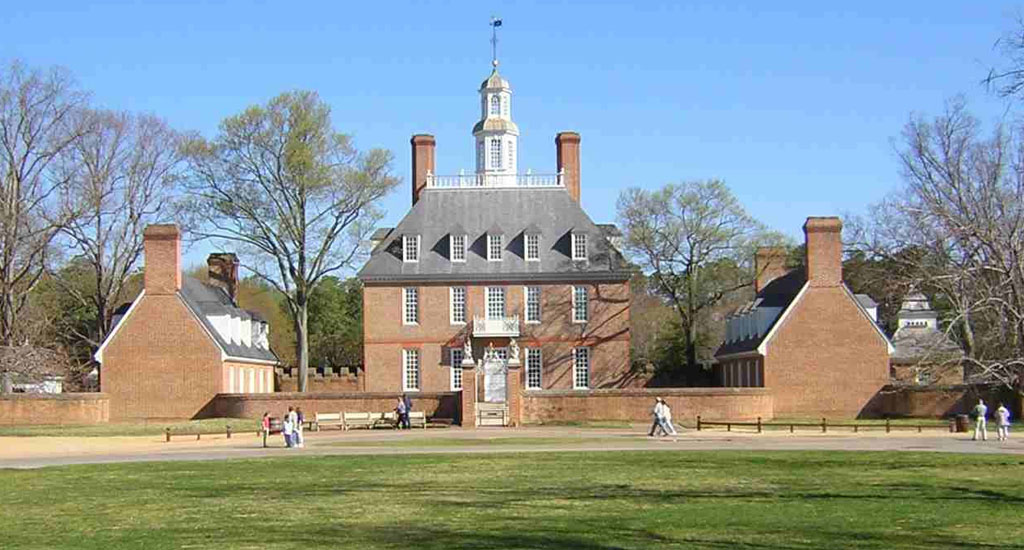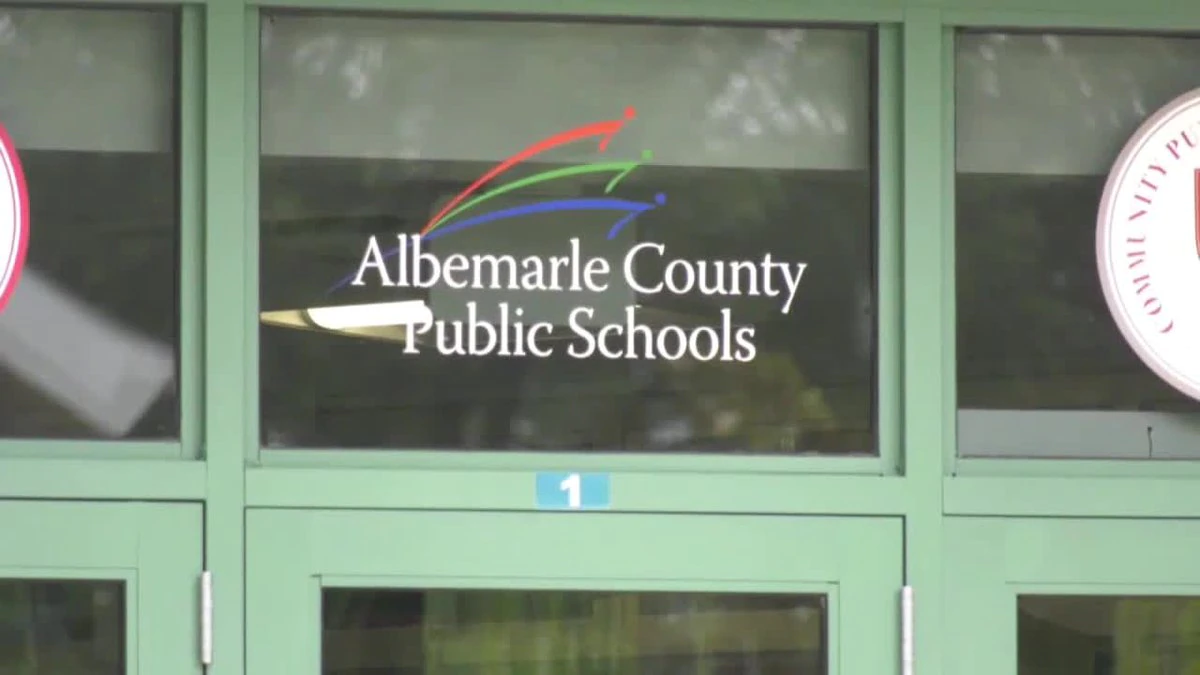As Independence Day approaches, AAA reports that a record-breaking 46.9 million Americans will travel 50 miles or more away from home, an increase of more than five percent compared with last year – the highest number since the travel agency began tracking the numbers 18 years ago. One of the biggest scuttlebutts in offices around America because of this is rising gas prices, which typically dampen the gleeful holiday travel feeling.
In the past, then-candidate-now-President Donald Trump has commented on rising U.S. gas prices and the “artificially” high increases from OPEC nations. Once Trump said, “Nobody in Washington sits back and said (sic) ‘You’re not gonna raise that f******’ price.'” Well, what are you going to do Mr. President?
Trump has been criticizing OPEC for artificially inflating prices by cutting down on production during worldwide peak usage. As oil prices have skyrocketed since April and May to their highest in three years, and with the midterm election season in full force, the President will most likely decide to tap into the Strategic Petroleum Reserve (SPR) to get prices down for the length of the summer driving season.
Although it can be seen as somewhat of a political move to boost his popularity to help Republicans nationwide, he is correct about artificial prices and is doing something to mitigate their affects.
“Prices are high,” said Rob West, an analyst at London-based research firm Redburn, according to the New York Times. Noting that Trump does have a point, he added, “I do see some artificiality in the prices we see today.”
As the supply gap closes and shortages are on the rise worldwide, higher oil prices, left untouched, are inevitable. Following Trump’s removal of the Iran Nuclear Deal and building a coalition of allies not to buy Iranian oil, the Trump administration has aggressively pressed Saudi Arabia to boost output to offset declines from elsewhere in the Middle East. In a report from Oil Price, Saudi Arabia has complied, promising to ramp up output to about 11 million barrels per day in July, up from less than 10 million barrels per day in May.
Although the rate of production is an astronomical increase, it is unclear that even a massive one million barrel per day increase from Saudi Arabia and OPEC nations will be enough to fill the worsening supply gap. Outages in Canada, Libya, Angola, and over half a dozen countries may overwhelm production in Saudi Arabia.
All of this and the fast-increasing prices of West Texas Intermediate (WTI) and Brent Crude raise the likelihood that President Trump will turn to SPR to thwart higher prices at the pump.
“We think that WTI would not have to advance much further before [SPR] is brought into play,” banking services giant Standard Chartered wrote. “Higher gasoline prices, particularly in the Midwest, are likely to provoke a SPR release in the run-up to November’s mid-term elections.”
The motive of SPR only being used in the event of a national crisis has become more of misnomer in recent years – all due to a surge in U.S. oil production and a big cut in net imports. Congressionally approved sales of SPR years ago have taken out the hurt of a formerly politically dangerous move.
The move will push prices down to make Americans happy which may also increase favorability among the President and the members of his party amidst a particularity contentious election year for the House and Senate.






